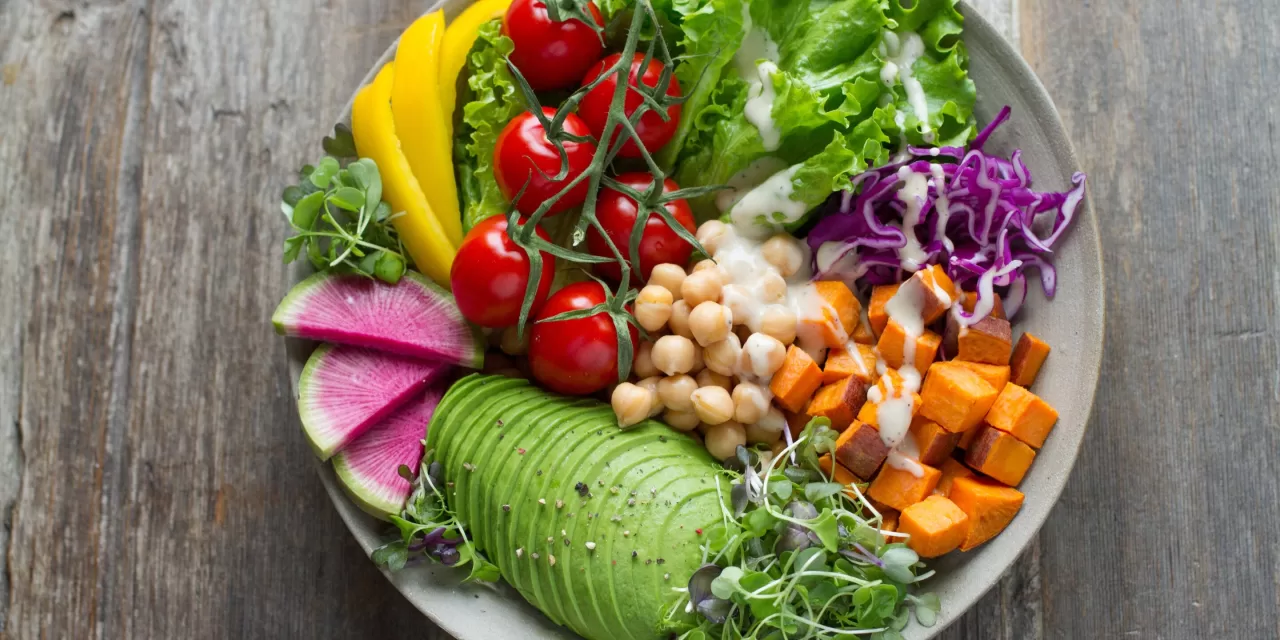In the ongoing battle against viruses like COVID-19 and seasonal flu, nutrition plays a crucial role in fortifying our immune defenses. A 2020 article in Nutrition Reviews highlights how specific dietary components can significantly enhance our body’s ability to resist infections, making nutrition an essential ally in public health.
The Key Nutrients for Immune Health
Protein is a foundational element of the immune system. It forms the building blocks for antibodies and various immune cells. Incorporating protein-rich foods such as eggs, fish, poultry, meat, dairy, and soy into every meal is vital. For those following plant-based diets, high-quality protein can also be obtained from combinations of vegetables, whole grains, legumes, beans, lentils, and nuts.
Vitamin A plays a significant role in regulating essential immune functions, particularly within the skin, digestive tract, and lungs—key barriers against infections. Foods rich in vitamin A, such as sweet potatoes, carrots, kale, spinach, red peppers, apricots, and egg yolks, should be prioritized for optimal immune health.
Vitamin C, renowned for its immune-boosting properties, is another critical nutrient. Regular consumption of citrus fruits, tomatoes, peppers, broccoli, kiwifruit, and strawberries can ensure adequate vitamin C levels, supporting the immune system’s daily needs.
Research indicates that Vitamin D can protect against respiratory infections, including pneumonia. While sunlight exposure is a natural source of this vitamin, dietary sources such as salmon and other dark-fleshed fish, as well as vitamin D-enriched milk and soy beverages, can help meet daily requirements.
Zinc is a powerhouse mineral involved in over 300 biochemical reactions that bolster our immune defenses. Foods like oysters, beef, and fortified breakfast cereals are among the richest sources of zinc, making them essential for maintaining immune function.
Vitamin E complements vitamin C in enhancing cellular resistance against pathogens. This antioxidant can be found in whole grains, fortified cereals, seeds (especially sunflower seeds), nuts, and vegetable oils.
Lastly, probiotics—the beneficial bacteria present in fermented foods like yogurt and kefir—are known to stimulate the production of antibodies that enhance the body’s ability to fend off viruses. To nourish these good bacteria, a diet high in fiber, including vegetables, fruits, whole grains, beans, and nuts, is essential.
Conclusion
As we navigate through viral seasons, prioritizing a balanced diet rich in these vital nutrients can significantly enhance our immune response. By making informed dietary choices, individuals can empower their bodies to fight off infections more effectively, underscoring the profound impact of nutrition on overall health. In a time when public health is of utmost importance, harnessing the power of nutrition could be a crucial step in fortifying our defenses against viral threats.












